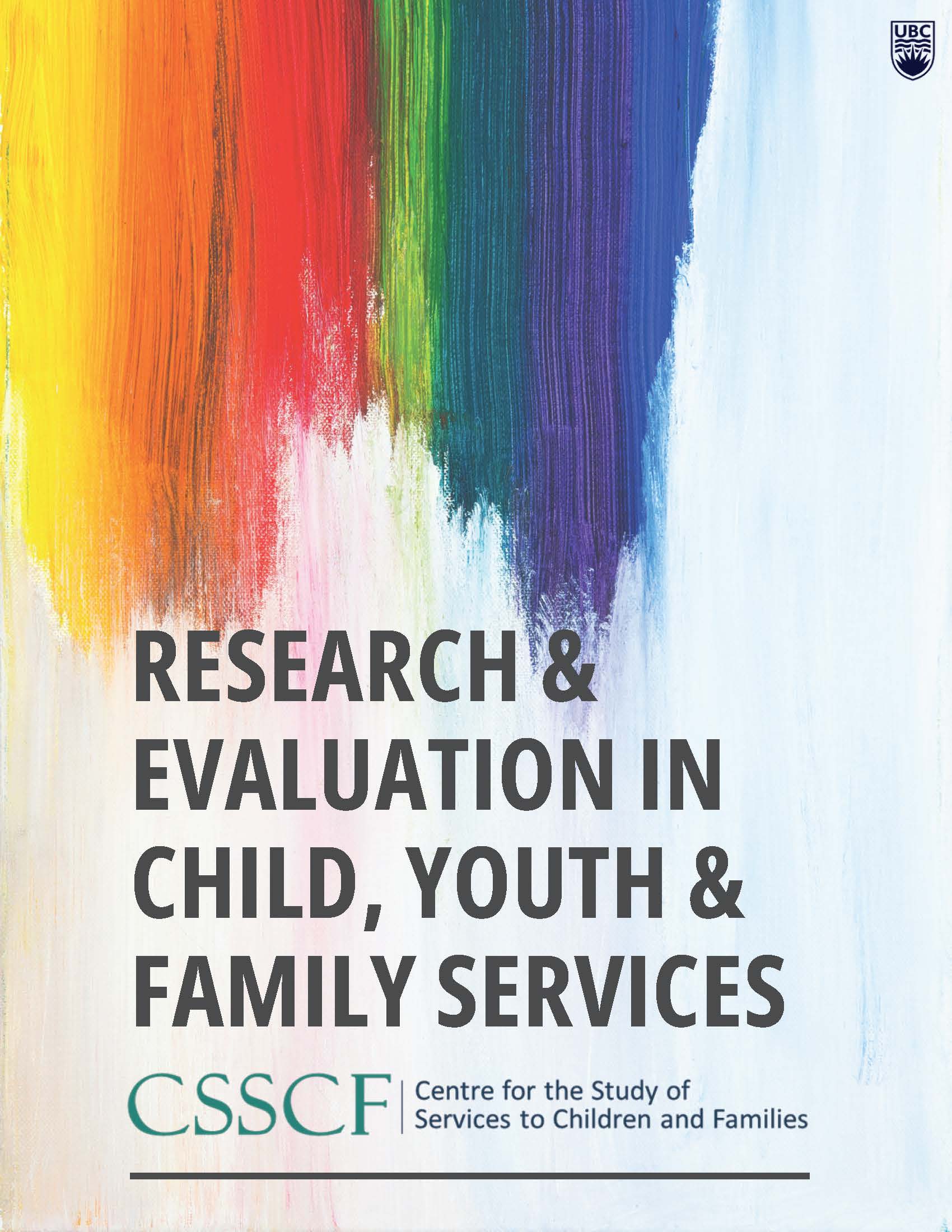Women’s Experience of Police Intervention for Domestic Violence
DOI:
https://doi.org/10.14288/recyfs.v1i1.197574Keywords:
Ann Davis Transition Society (ADTS), Ministry of Children and Family Development (MCFD), domestic violence, police intervention, survivor’s perspective, Enhanced Critical Incident Technique (ECIT)Abstract
This report details a qualitative research study conducted by students in the Master of Social Work (MSW) program at the University of British Columbia. The study conducted was in partnership with the Ann Davis Transition Society (ADTS) and the Ministry of Children and Family Development (MCFD) with the intent of learning more about women’s experiences with police intervention in calls of domestic violence.
MSW student researchers were interested in the following questions. From the survivor’s perspective, (1) What was helpful during women’s experiences with police intervention in situations of domestic violence? (2) What were hindrances or concerns, during women’s experiences with police intervention in situations of domestic violence? (3) What do women wish for during police intervention in situations of domestic violence?
BackgroundMSW student researchers choose to adapt a systems perspective to examine the intersection of domestic violence and police intervention through two theoretical frameworks, a feminist social justice theory and trauma-informed theory. Three concepts were operationally defined to guide the research study including the terms domestic violence, police intervention, and women. Domestic violence was defined as the physical, verbal, or emotional harm perpetrated towards a victim or victims, either by a current or former intimate partner or by another member within a family or household. Additionally, police intervention was defined as To further inform the basis of this research, a literature review was conducted highlighting three major themes in the literature; (1) “getting lucky” (2) police policies & procedures (3) verbal violence.
MethodsThe MSW student researchers enlisted the Enhanced Critical Incident Technique (ECIT), a qualitative research method in which survivors of domestic violence were interviewed using a combination of semi-structured and open-ended questions (Butterfield et al., 2009). In this technique, data analysis involves the development of a clear frame of reference as well as the creation of sub categories that arise from the data.
ResultsFour participants engaged in direct interviews, which were subsequently transcribed and coded according to the ECIT principles. The results highlighted helpful critical incidents, hindering critical incidents and wish list item themes, which participants identified from their interventions with police.
The MSW student researcher found the following patterns of significance from the data, (1) the occurrence of more hindering themes compared to helpful or wish list items, (2) the experience of three hindering critical incidents in all four research participants, which were (a) a lack of information provided (b) reported inaction and (c) dismissive & disrespectful response, and finally (3) the similarity of the helpful critical incidents themes to the wish list items.
RecommendationsThis research study indicates there are valuable opportunities to learn from survivors of domestic violence by considering their voices and stories in the development of policy, services and programs. Findings from this study, can be built upon by extending research to include a longer time frame for study, wider recruitment strategy, and diverse sample frame in order to promote a robust understanding of the victim’s experience of police intervention in calls of domestic violence.
Downloads
Published
Issue
Section
License
Copyright (c) 2023 Research and Evaluation in Child, Youth and Family Services

This work is licensed under a Creative Commons Attribution-NonCommercial 4.0 International License.
This work is licensed under a Creative Commons Attribution-NonCommercial 4.0 Inrernational License. Copyright for articles published in this journal is retained by the authors, with first publication rights granted to the journal. By virtue of their appearance in this open access journal, articles are free to use, with propoer attribution, in edicational and other non-commercial settings.


